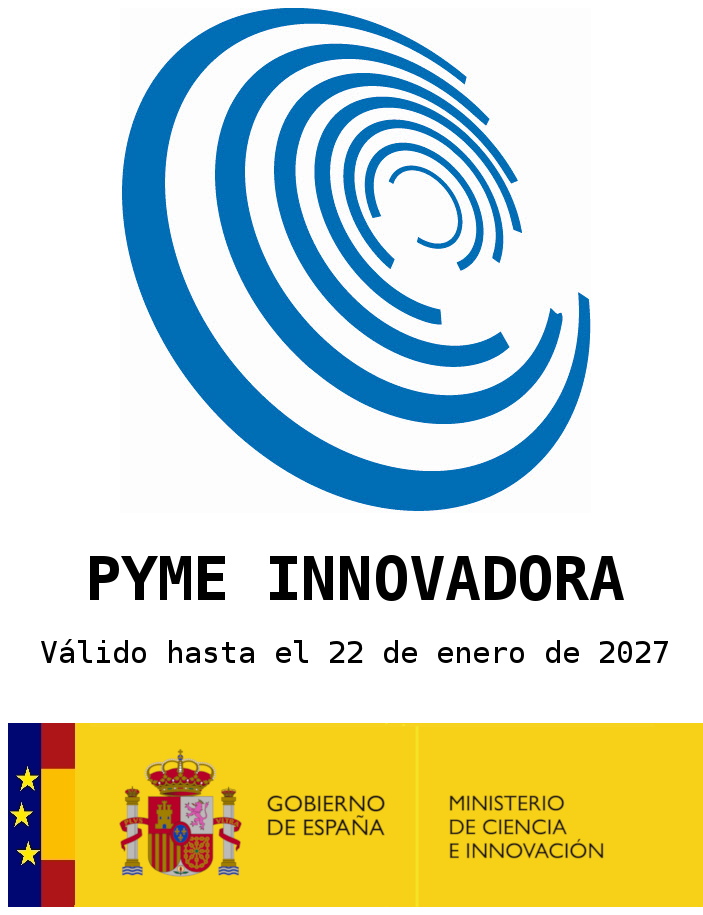Viva In Vitro has completed the configuration of one of the most globally recognized scientific boards in the field of inflammasome biomedicine, which will assist in the development of its stratification solutions for pharmaceutical companies and clinical use in hospitals. Its Scientific Advisory Committee includes prestigious international leaders from institutions with a solid established reputation in this field. They will be coordinated by Dr. Pablo Pelegrín, founder of the company.
The Scientific Advisory Committee is made up of Dr. Mihai Netea, as representative of Radboud University Medical Center (The Netherlands), Dr. Eduardo López Collazo, deputy director of the Hospital Universitario de la Paz (Spain), and Dr. Rebecca Coll, from Queen’s University Belfast (United Kingdom). These additions reinforce the solidity of Viva In Vitro’s lines of development, and represent a highly authoritative endorsement of the clinical and scientific basis of Viva In Vitro’s business project, chaired by Joaquín Gómez Moya and directed by Toni Vilaplana.
Viva in Vitro is a reference in the international biomedical context focused on R&D in inflammasomes, for its developments based on research on NLRP3 activation, a critical aspect for the correct stratification of patients in inflammatory processes and autoimmune diseases, among which they have chosen as first applications the indications of sepsis and multiple sclerosis.
International benchmarks for innovation in Spain
Dr. Mihai Netea heads the Experimental Medicine division of the Department of Internal Medicine at the prestigious Nijmegen University Medical Center (Radboud UMC). He was born and studied medicine in Cluj-Napoca (Romania), and completed his PhD at Radboud University Nijmegen (The Netherlands), where he studied the cytokine network in sepsis.
Today one of the most cited authors worldwide in this field, after working as a postdoc at the University of Colorado, he returned to Nijmegen, where he completed his clinical training as a specialist in infectious diseases. His main lines of research are pattern recognition of fungal pathogens and induction of antifungal immunity, primary immunodeficiencies in the innate immune system and the study of memory traits of innate immunity.
Dr. Eduardo López Collado, an international reference in the scientific world for his professional and informative work, is currently Deputy Scientific Director of Health Research at the Hospital Universitario de la Paz, as well as an Academician at the Latin American Academy of Sciences.
In this center he has developed different lines of research linked to diseases such as sepsis, cancer, leukemia, cystic fibrosis, HIV and COVID-19. Her research work over 25 years has focused on the analysis of human defenses in pathological situations such as cancer, metastasis and infectious diseases.
Dr. Rebecca Coll and her team at Queen’s University Belfast are a reference in research focused on inflammation and the molecular processes that trigger this response in the innate immune system. Their studies have focused on how protein complexes called inflammasomes cause inflammation and how they can be therapeutically targeted to prevent damage.
Dr. Coll has led the biological characterization of a small molecule called MCC950 that inhibits the NLRP3 inflammasome, one of the drivers of many prevalent diseases such as type 2 diabetes, Alzheimer’s disease, Parkinson’s disease, gout, multiple sclerosis and atherosclerosis. His input on the Viva Scientific Advisory Committee will also allow us to address the regulation and function of inflammasomes specifically in human cell types such as macrophages.
This is a decisive step in building one of our pillars, a high-performance team with international experience, combining talents in business management, cutting-edge knowledge in the areas of molecular biology and biomedical engineering, practical experience in biotech laboratory management, and demanding legal and financial management.
It is the advances in stratification in different therapeutic areas that are enabling the evolution towards personalized medicine. Viva In Vitro’s ex vivo assay allows you to establish what has happened inside the monocyte and whether it is NLRP3-immunoparalyzed or not. This enables it to pioneer more accurate and user-friendly techniques for detecting ASC-specks, allowing it to determine early and reliably the immune status of each septic patient, stratifying them, i.e. classifying them according to their personal prognostic risk and thus assisting the medical team in prescribing the most effective treatment and self-care. Similarly, Viva In Vitro develops techniques that pharmaceutical companies can use in the recruitment of patients in clinical trials for the development of new therapies.
Viva In Vitro, which has its own laboratory in the Murcia Science Park, continues to develop a project with the vocation of contributing to generate a broad ecosystem in the development of cutting-edge biomedical solutions and services.





